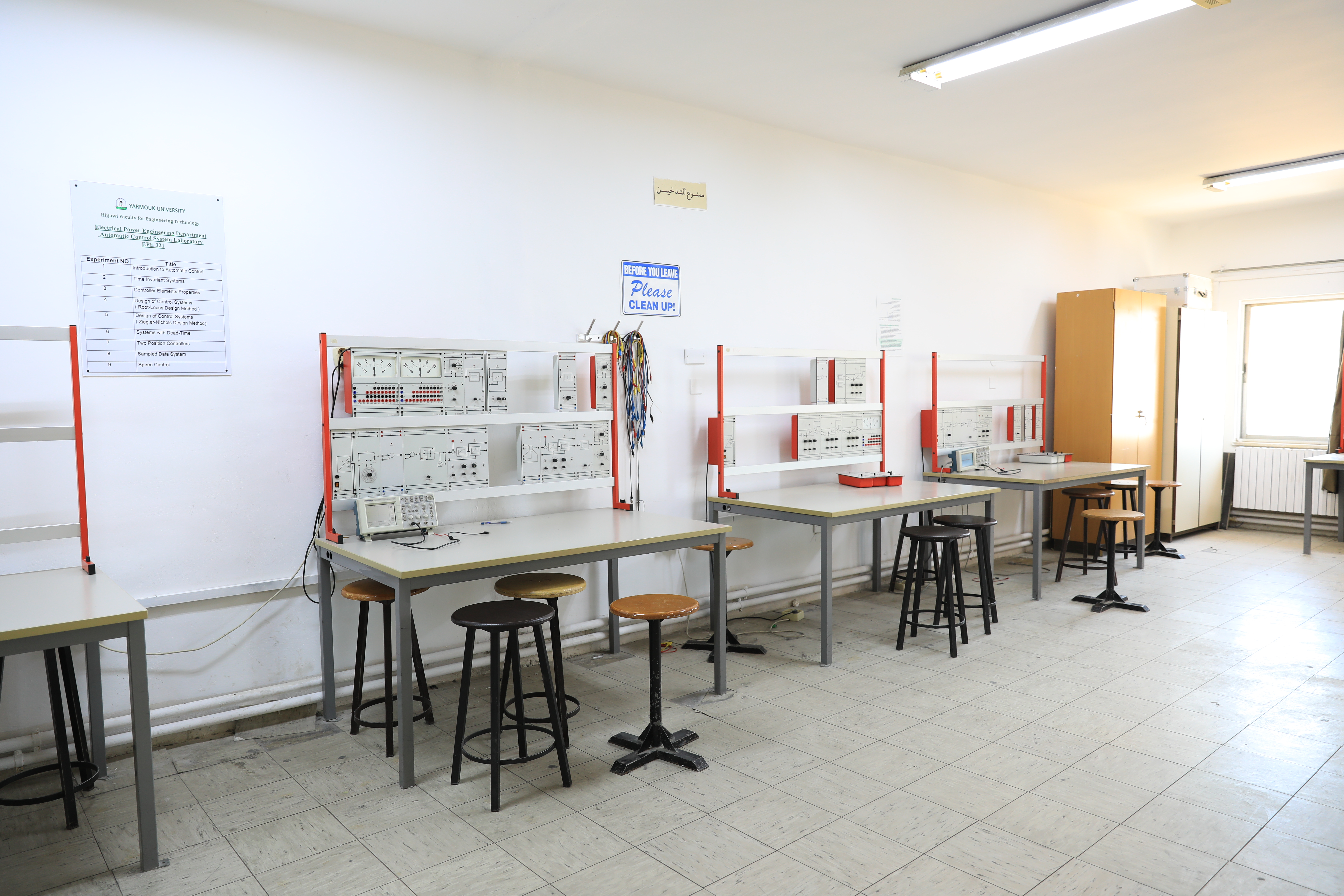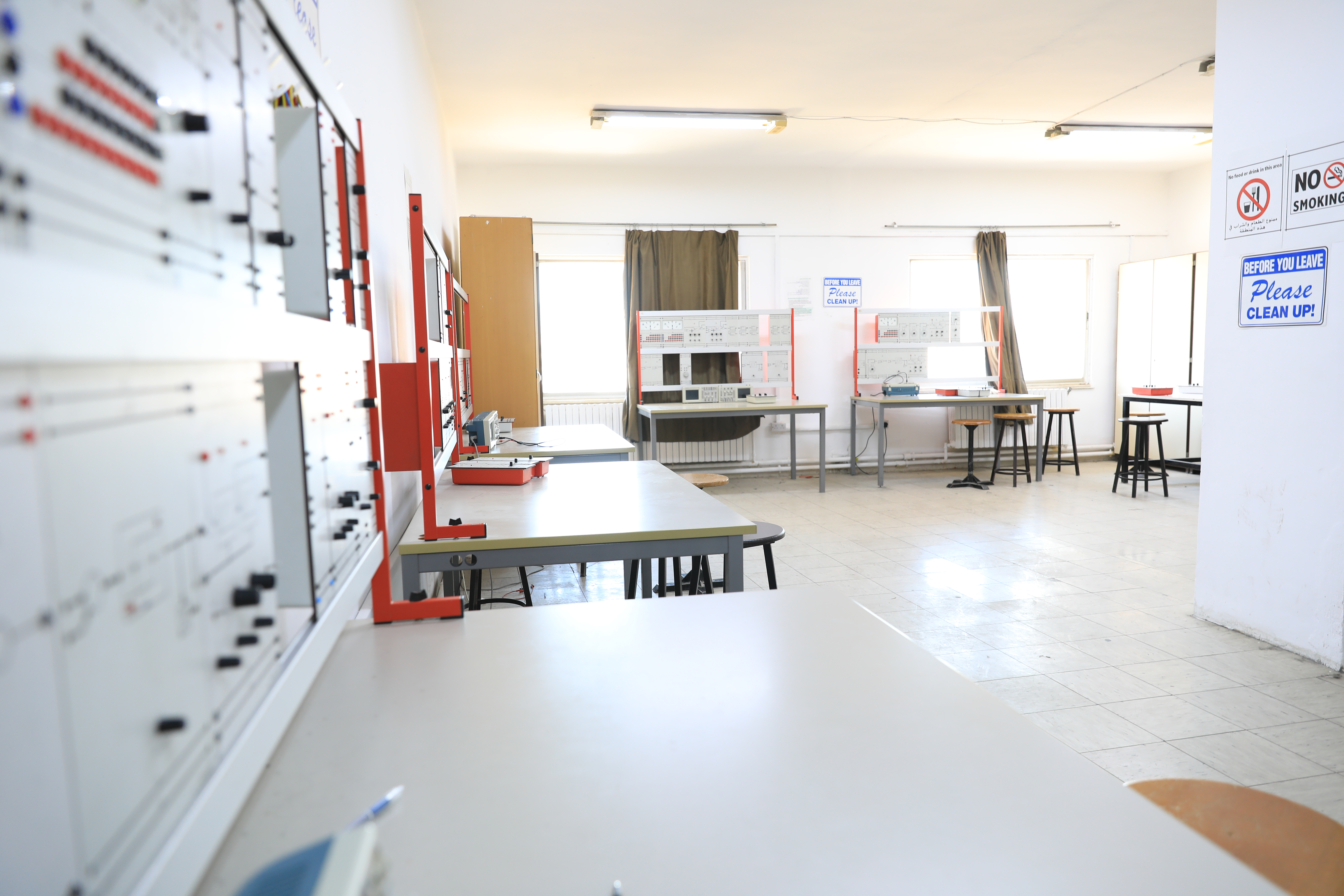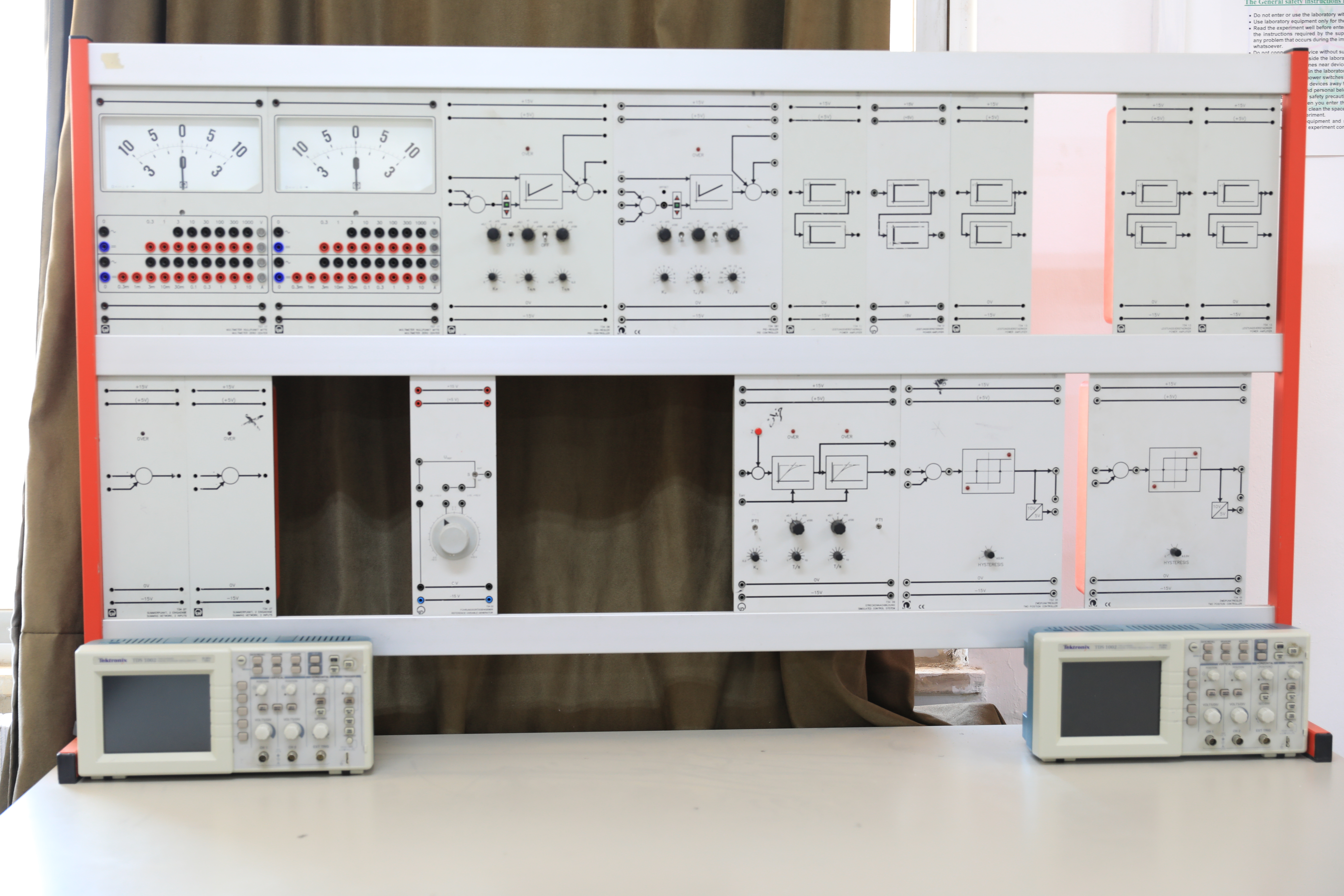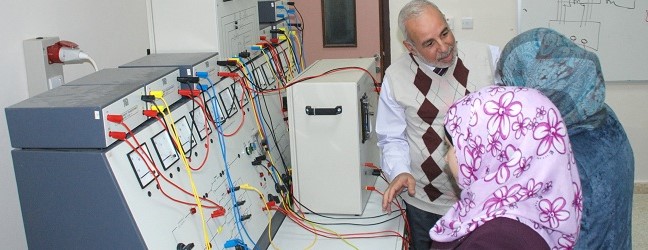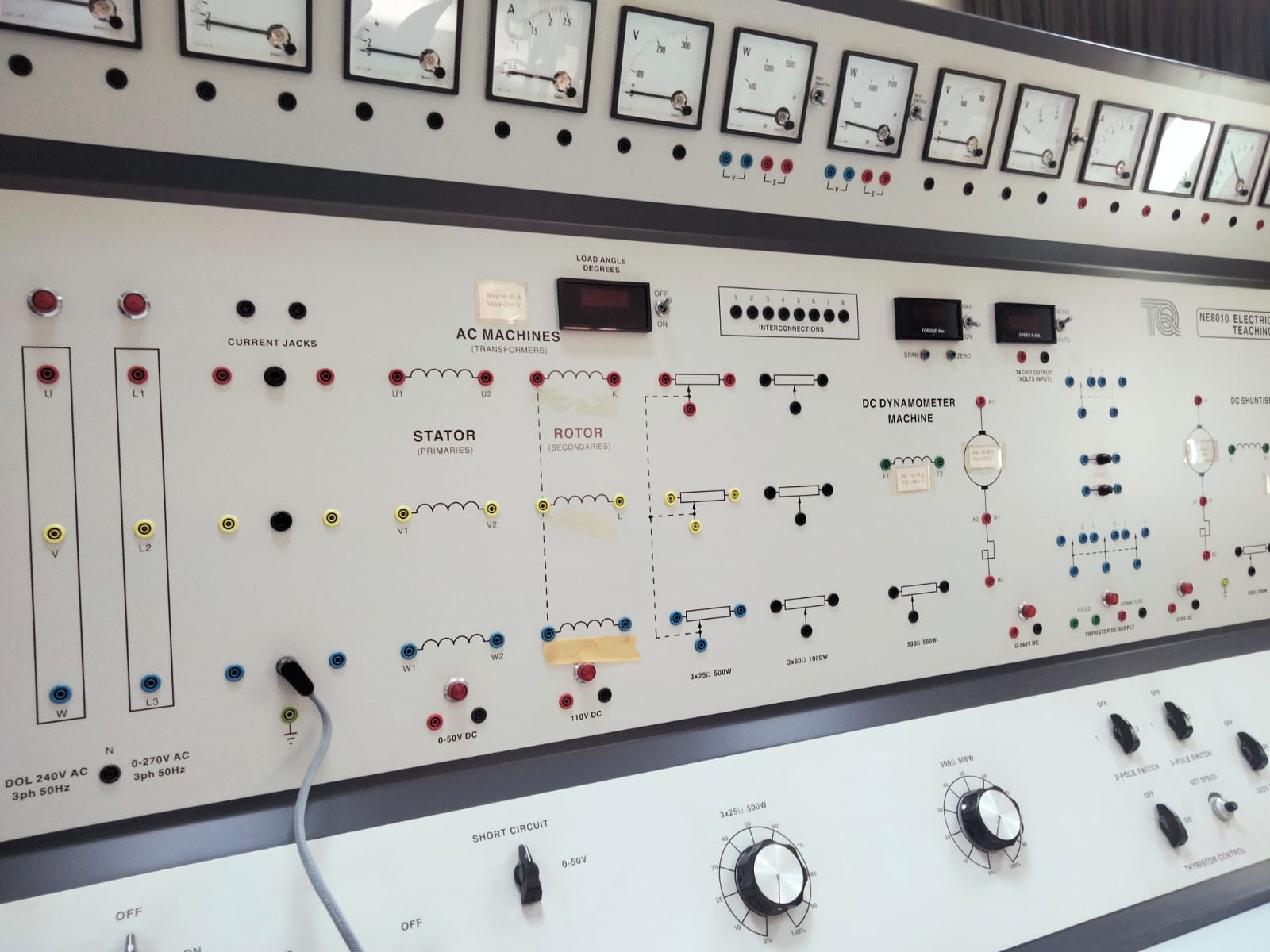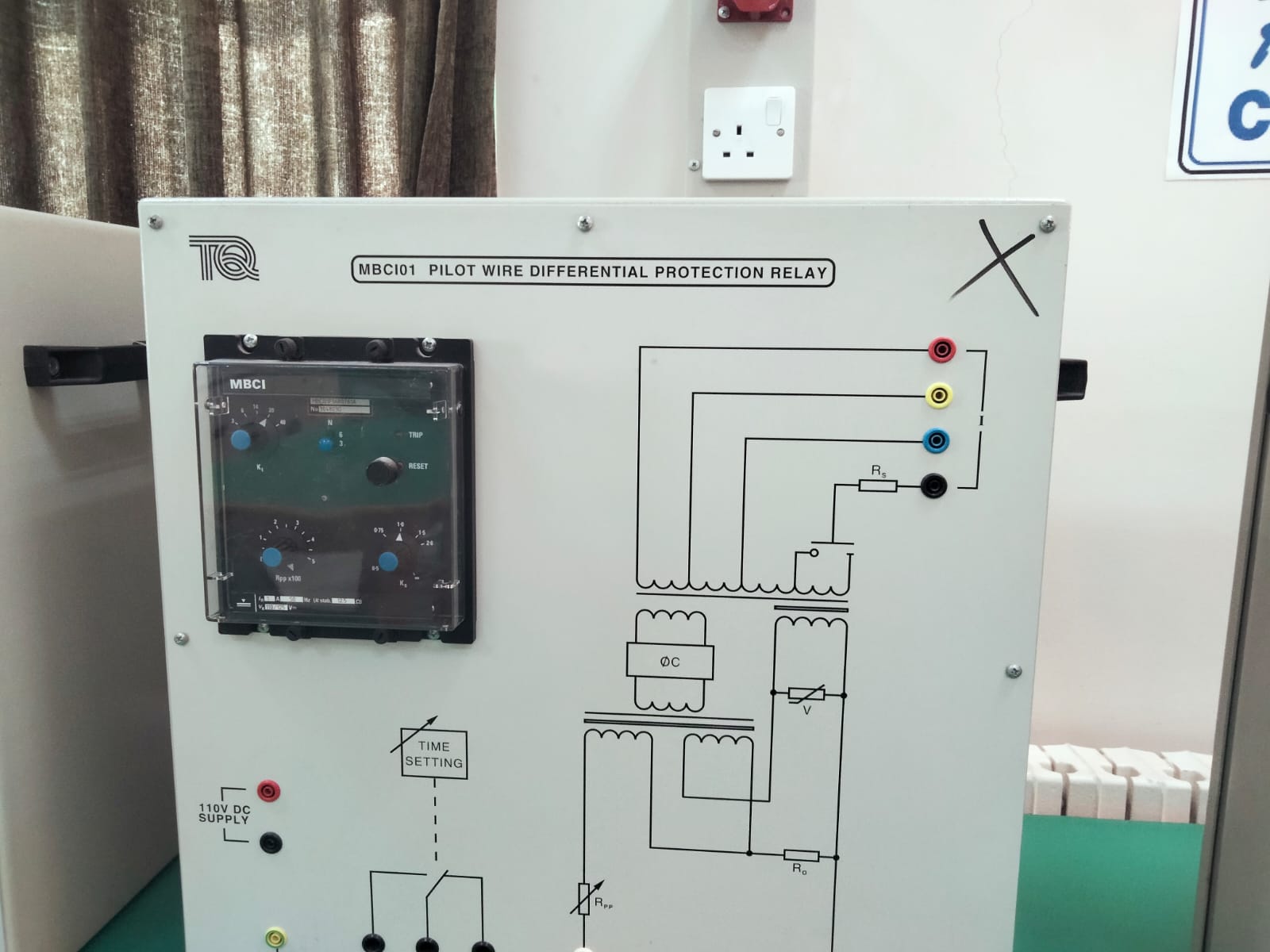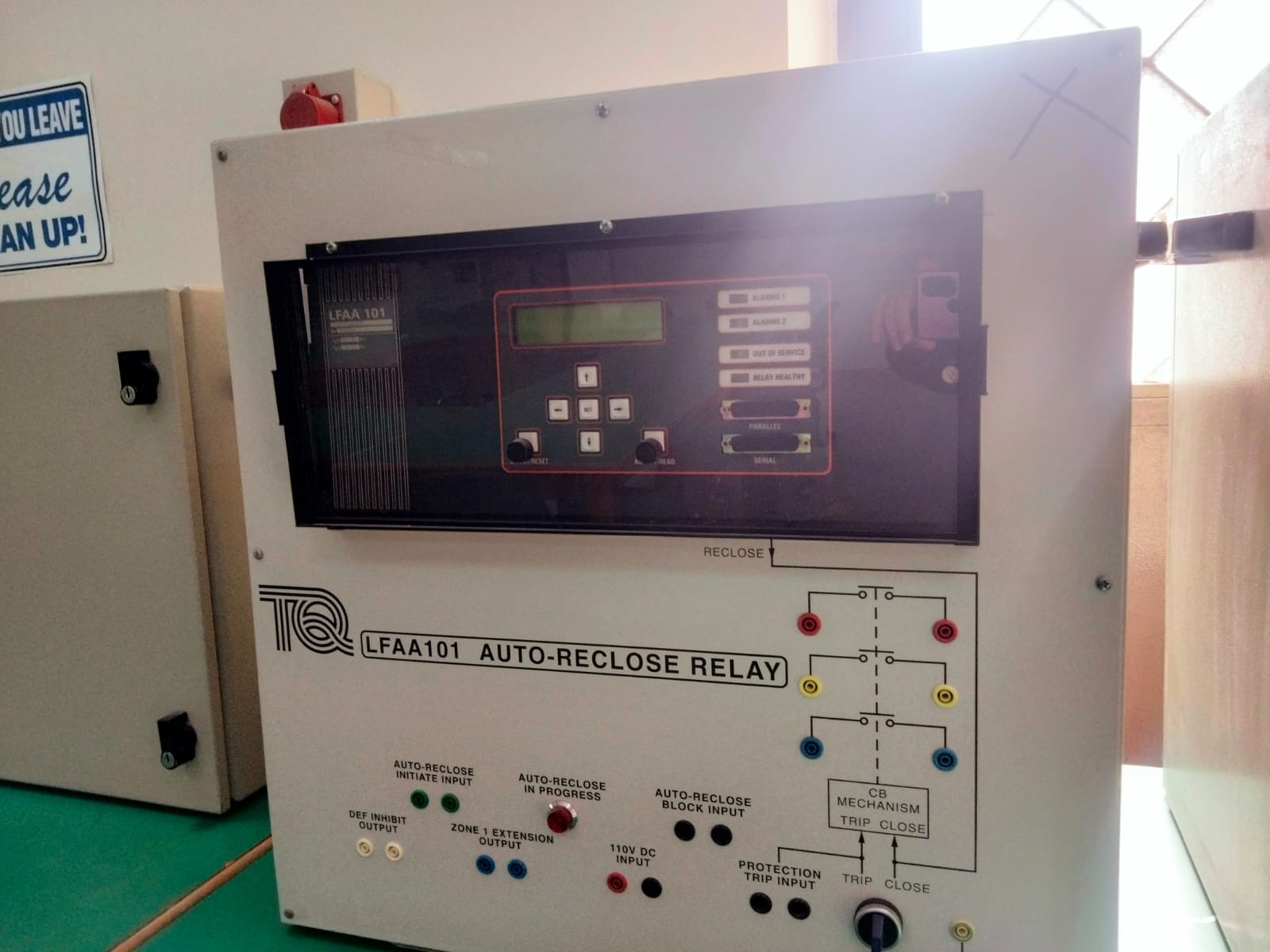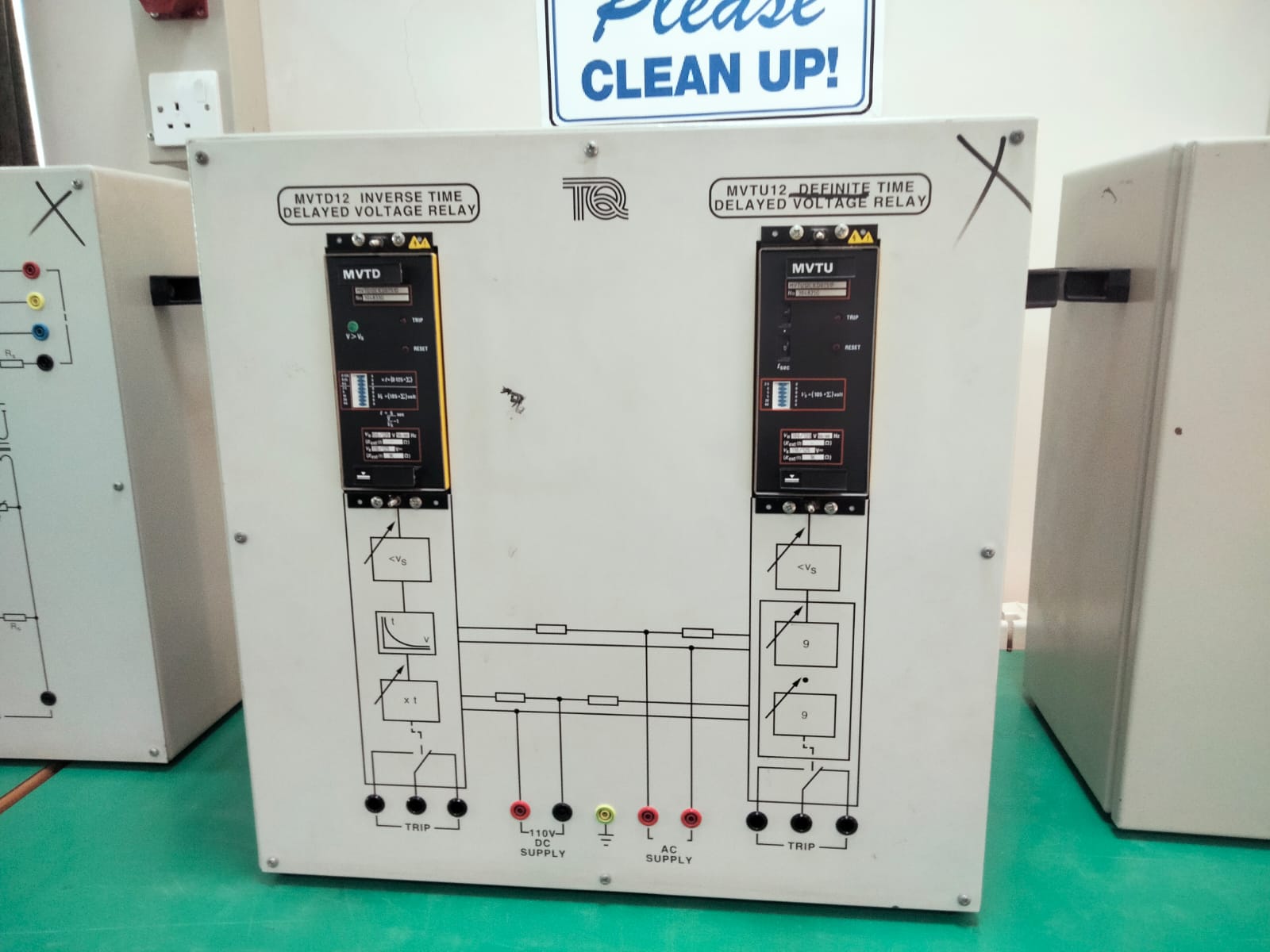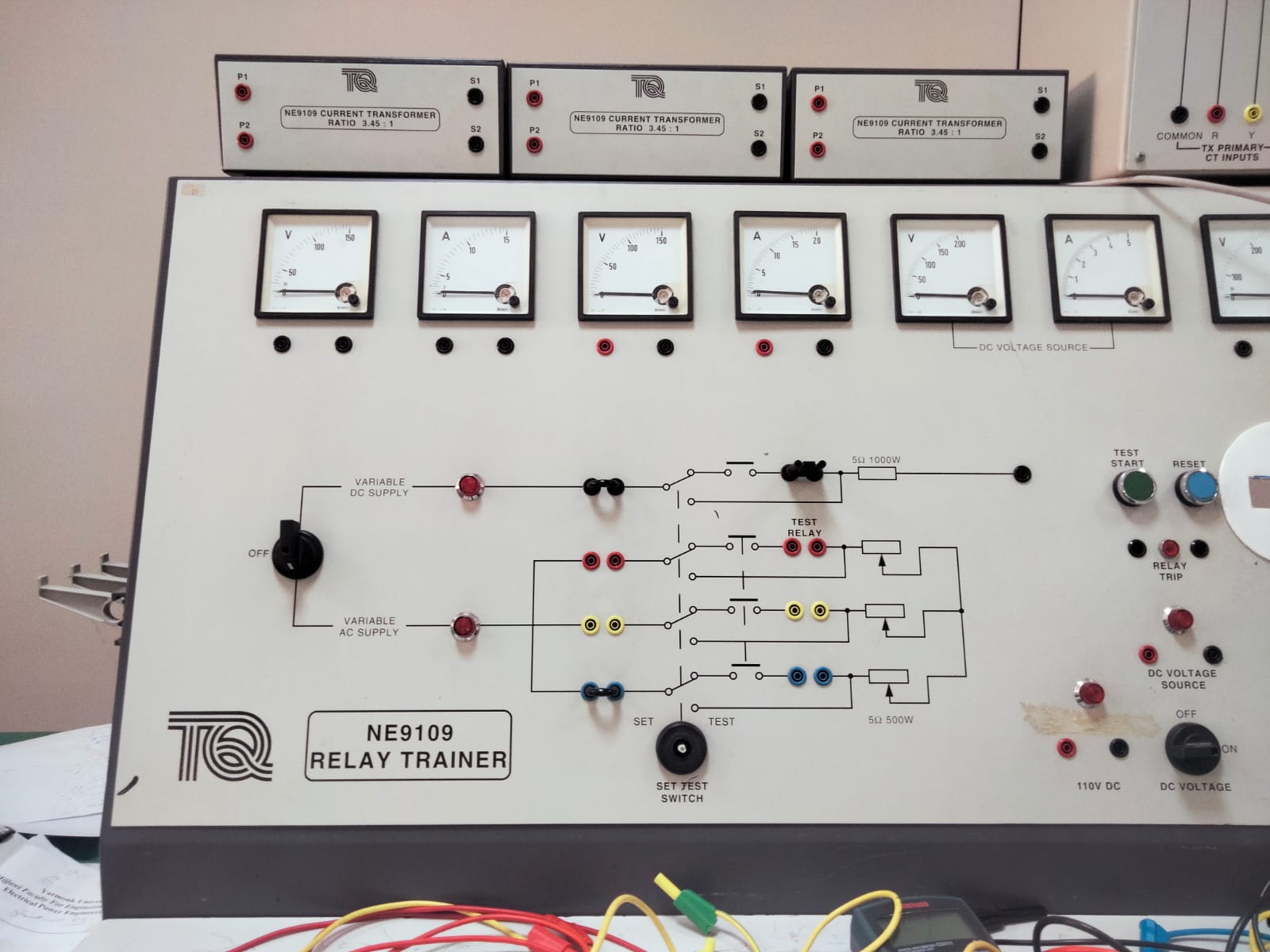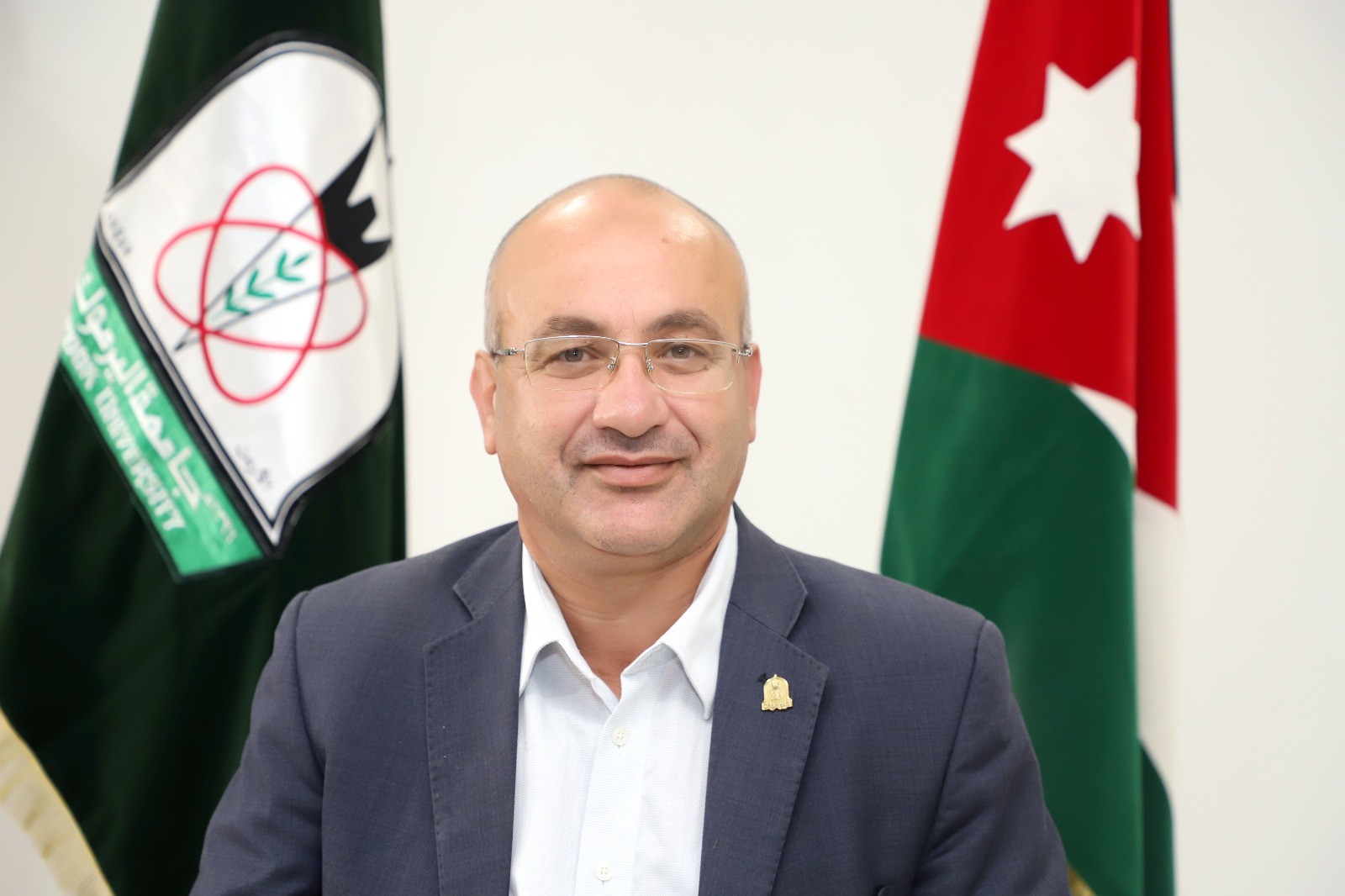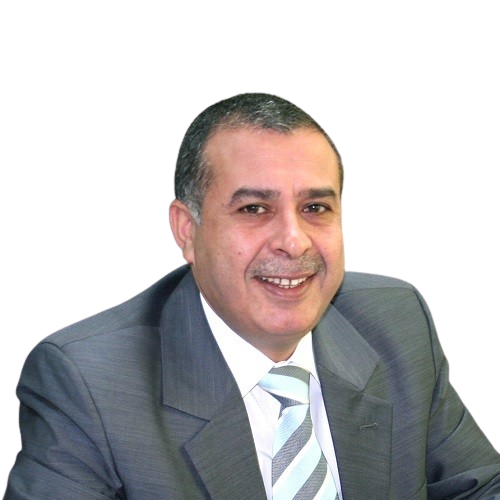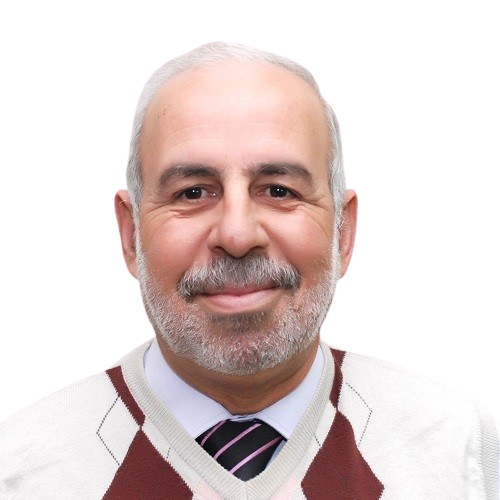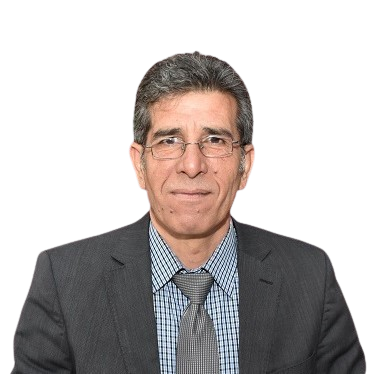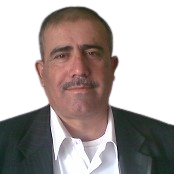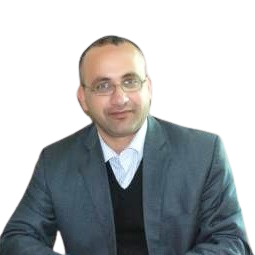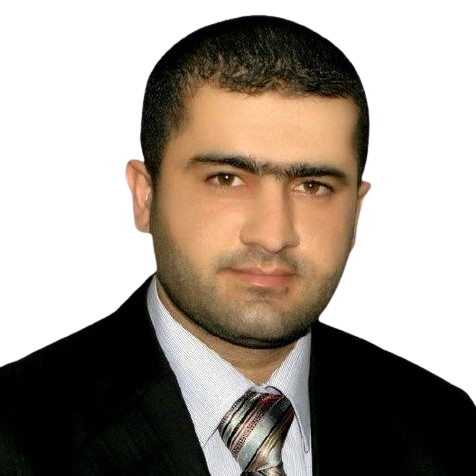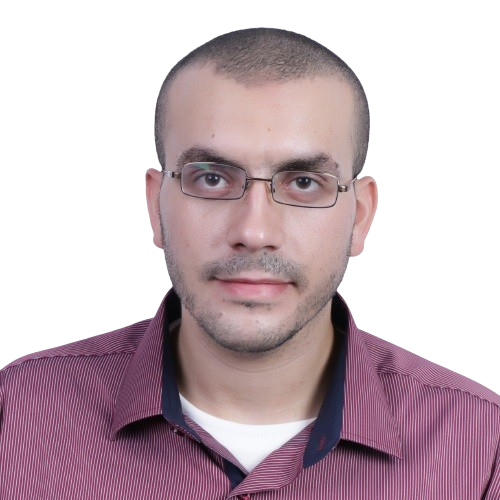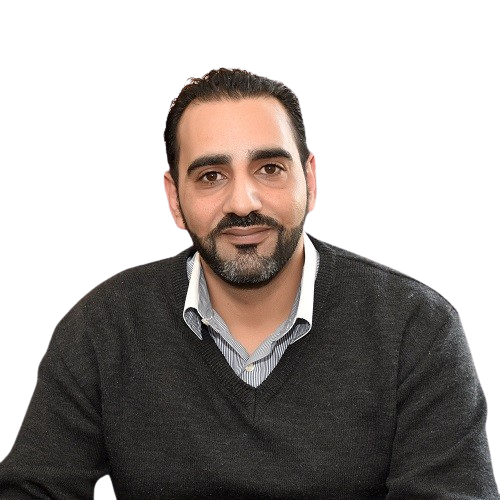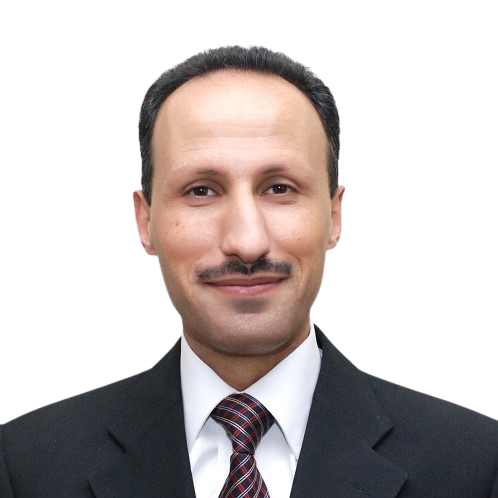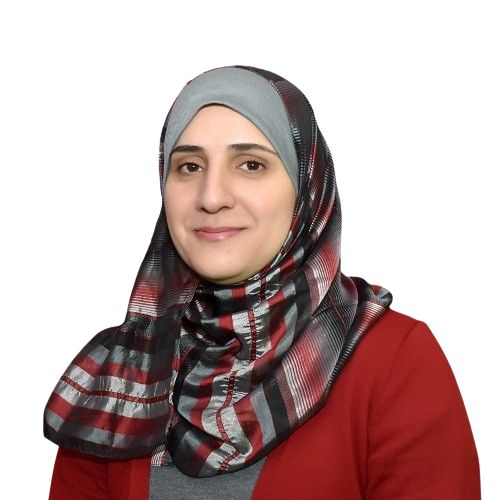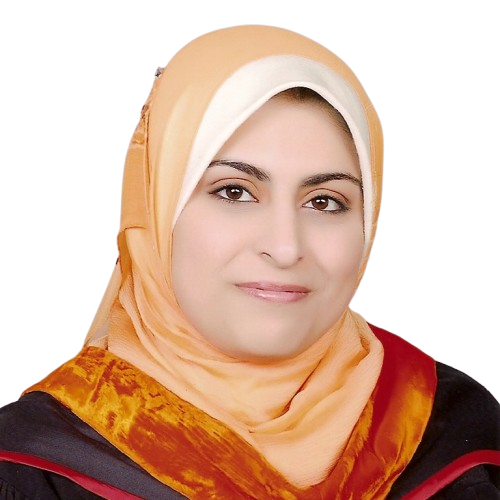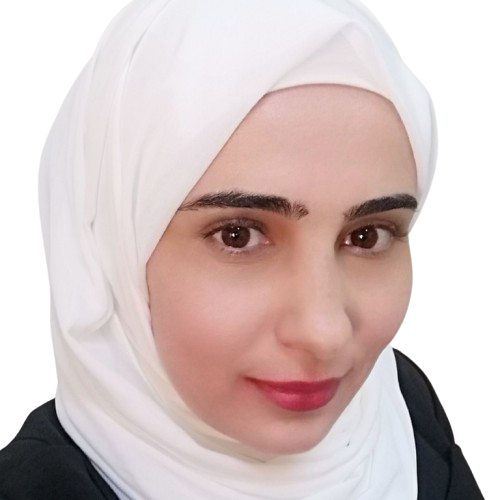Department Chair
Contact Information:
Email: electric.dept@yu.edu.jo
Phone: +962 2 721 1111 ext. 4239
Prof. Mohammad Al-Momani
Chair, Electrical Power Engineering Department
Professor, Electrical Power Engineering
mohammadh@yu.edu.jo
+962 2 721 1111 ext. 4239
About the Department
Established in 1993, the Department of Electrical Power Engineering at the Hijjawi Faculty for Engineering Technology, Yarmouk University, has played a key role in supporting the development of the energy sector in Jordan and the wider region. The department has been instrumental in producing skilled engineers who are actively contributing to power generation, transmission, distribution, and smart energy solutions both locally and internationally.
The department offers a Bachelor in Electrical Power Engineering degree program, focused on delivering a strong foundation in power systems, electrical machines, renewable energy, and control systems. It also offers a Master in Electrical Power Engineering degree program, aimed at preparing students for advanced careers in industry, academia, and research.
Our faculty is composed of highly qualified academics with specialized expertise across various areas of electrical power engineering. Their commitment to teaching and research creates a dynamic learning environment that supports student development and fosters innovation.
To support hands-on learning and applied research, the department houses modern laboratories equipped for high-voltage testing, power electronics, and machine control. These facilities are managed by qualified engineers and technical staff, ensuring students gain practical experience and industry-relevant skills throughout their studies.
Degree Programs
The Department of Electrical Power Engineering offers a Bachelor’s degree in Electrical Power Engineering, equipping students with a solid foundation in power generation, transmission, distribution, and control systems. The program blends theoretical knowledge with hands-on experience, preparing graduates to meet the growing demands of the electrical energy sector.
In addition, the department offers a Master’s degree in Electrical Power Engineering for students seeking to deepen their expertise in areas such as renewable energy, smart grids, power electronics, and high-voltage engineering. The program fosters research, innovation, and professional growth to support advanced careers in industry and academia.
Explore the degree programs offered by the Department of Electrical Power Engineering at the Hijjawi Faculty for Engineering Technology, and see how we are shaping future engineers to lead in the evolving energy landscape.
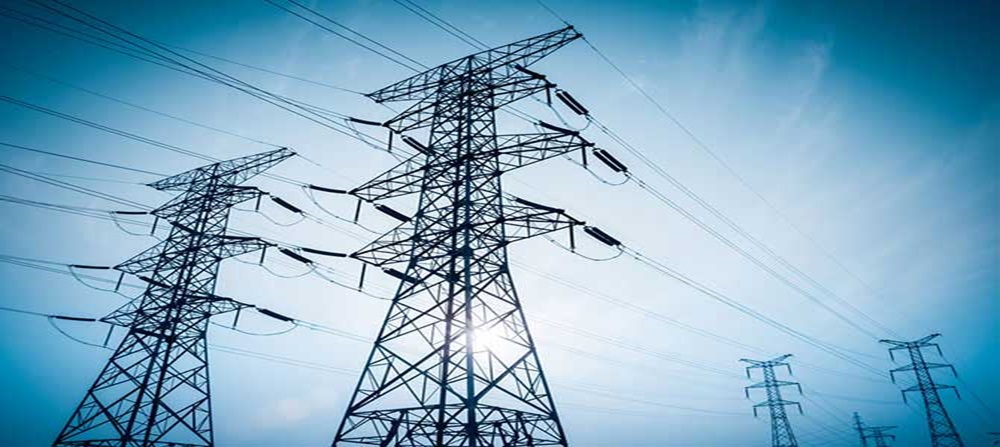
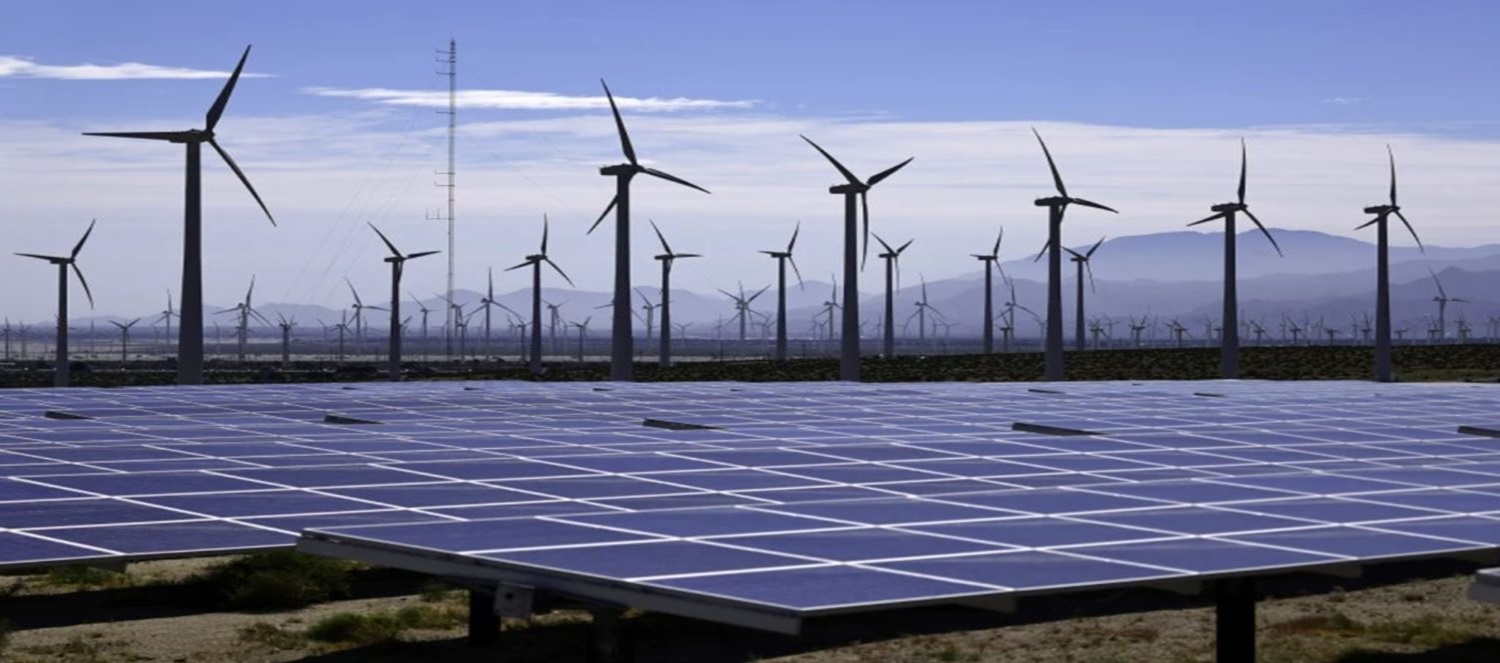
Faculty Members
The Department of Electrical Power Engineering is proud to have a team of highly qualified and dedicated faculty members whose expertise spans key areas of power systems engineering. With academic and professional experience gained from leading institutions around the world, our faculty bring a strong blend of theoretical depth and practical insight to both the classroom and research settings.
They are committed to academic excellence, cutting-edge research, and advancing innovation in electrical power technologies. Faculty members actively contribute to the academic and professional community through research publications, conference participation, and collaboration with industry on real-world energy challenges. Their interests include renewable energy systems, smart grids, power electronics, electric machines, high-voltage engineering, and energy management systems.
In addition to their research activities, faculty members are deeply invested in student success. Through personalized mentorship, hands-on lab work, and capstone projects, they foster a supportive and engaging learning environment that prepares students to become skilled, confident engineers ready to lead in the power and energy sector.
Laboratories and Engineers
The Department of Electrical Power Engineering features a range of specialized laboratories that support practical learning and research across key areas of the field. These include the Electric Circuits Lab, Direct Current Circuits Lab, Automatic Control System Lab, and Power Electronics Lab, where students gain hands-on experience in circuit design, control systems, and power conversion technologies.
Additional facilities such as the Measurements and Instrumentation Lab, Electrical Machines Lab, Computer Applications in Power Systems Lab, and Power System Protection Lab provide training in electrical measurements, machine operation, system simulation, and protection techniques.
All labs are equipped with modern tools and are supervised by skilled engineers and technicians who ensure a productive and safe learning environment. These labs play a vital role in helping students apply theoretical concepts to real-world power engineering challenges.
